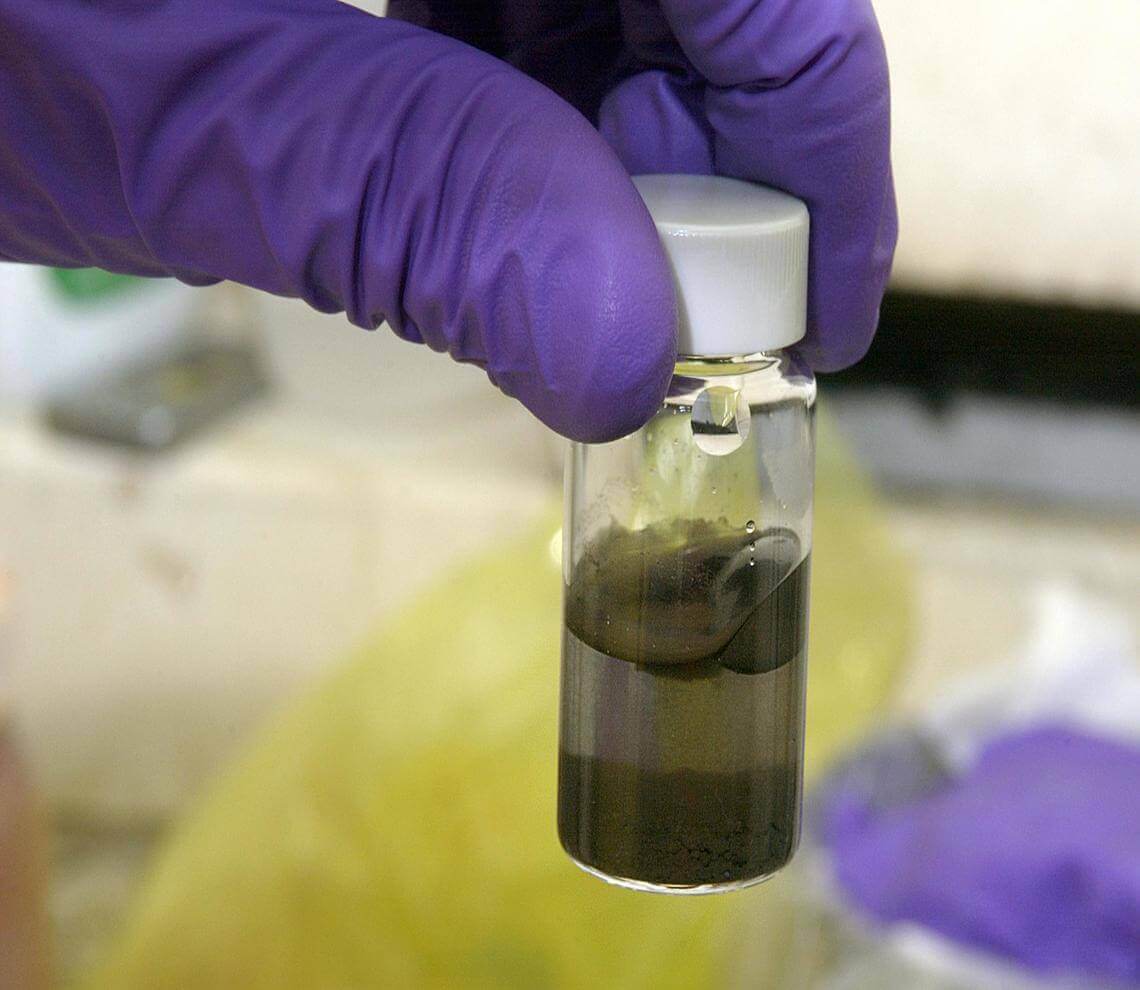- Our Suppliers
- MBS Monoclonals
- KLF13 (Krueppel-like Factor 13, Basic Transcription Element-binding Protein 3, BTE-binding Protein 3, Novel Sp1-like Zinc Finger Transcription Factor 1, RANTES Factor of Late Activated T-lymphocytes 1, RFLAT-1, Transcription Factor BTEB3, Transcription Fa
Product short description
Price:
619 EUR
Size:
100ug
Catalog no.:
GEN647547
Product detailed description
Concentration
N/A
Clone
1D3
Also known as
KLF13
Immunoglobulin isotype
IgG2a,k
Category
Antibodies
Clonality
Monoclonal
Subcategory
Mnoclonal antibodies
Source organism
Human (Homo sapiens)
Host organism
Mouse (Mus musculus)
Tested applications:
ELISA (EL/EIA), Western Blot (WB)
Form/Appearance
Supplied as a liquid in PBS, pH 7.2.
Purification method
Affinity Purified by Protein A affinity chromatography.
Other gene names
KLF13; KLF13; BTEB3; FKLF2; NSLP1; RFLAT1; RFLAT-1; BTEB3; NSLP1; BTE-binding protein 3; RFLAT-1
Gene name synonims
KLF13; KLF13; BTEB3; FKLF2; NSLP1; RFLAT1; RFLAT-1; BTEB3; NSLP1; BTE-binding protein 3; RFLAT-1
Gene name
KLF13; KLF13; BTEB3; FKLF2; NSLP1; RFLAT1; RFLAT-1; BTEB3; NSLP1; BTE-binding protein 3; RFLAT-1
Species reactivity
Human (Homo sapiens), Mouse (Mus musculus), Rat (Rattus norvegicus); Due to limited knowledge and inability for testing each and every species, the reactivity of the antibody may extend to other species which are not listed hereby.
Specificity and cross-reactivity
Recognizes human KLF13. Species Crossreactivity: mouse and rat.; Since it is not possible to test each and every species our knowledge on the corss reactivity of the antibodies is limited. This particular antibody might cross react with speacies outside of the listed ones.
Storage and shipping
Store the antibody at +4 degrees Celsius for short term storage.. Aliquot to avoid repeated freezing and thawing. For optimal long term storage, the antibody should be kept at -20 degrees Celsius. Aliquots are stable for at least 12 months. For maximum recovery of product, centrifuge the original vial after thawing and prior to removing the cap.
Other names
Krueppel-like factor 13; Krueppel-like factor 13; Krueppel-like factor 13; BTE-binding protein 3; transcription factor BTEB3; transcription factor NSLP1; Sp1 like zinc finger transcription factor; basic transcription element binding protein 3; basic transcription element-binding protein 3; RANTES factor of late activated T lymphocytes-1; RANTES factor of late activated T-lymphocytes 1; novel Sp1-like zinc finger transcription factor 1; Kruppel-like factor 13; Basic transcription element-binding protein 3; BTE-binding protein 3; Novel Sp1-like zinc finger transcription factor 1; RANTES factor of late activated T-lymphocytes 1; RFLAT-1; Transcription factor BTEB3; Transcription factor NSLP1
Description
Basic proteins pH>7 are often produced recombinant and shouldn’t be precipitated by formic acid buffer.Aplha, transcription related growth factors and stimulating factors or repressing nuclear factors are complex subunits of proteins involved in cell differentiation. Complex subunit associated factors are involved in hybridoma growth, Eosinohils, eritroid proliferation and derived from promotor binding stimulating subunits on the DNA binding complex. NFKB 105 subunit for example is a polypetide gene enhancer of genes in B cells.Finger like and finger proteins are like zinc fingers small proteins with a structural motif that is characterized by the coordination of one or more zinc ions in order to stabilize the fold. Homeobox and homeodomain families.The activation of transcription factor subunits is the first step of gene expression, in which a particular segment of DNA is copied into RNA (mRNA) by the enzyme RNA polymerases. Transcription factors, unites and elongations can be RNA and DNA nucleic acids, base pairs of nucleotides . Converting from DNA to RNA is made by enzymatic reactions. During transcription, a DNA sequence is read by an RNA polymerase, which produces a complementary, anti-parallel RNA strand called a primary transcript. Transcriptions are key functions in signal transduction pathways. Signaling ligand binding transcription factors play an important role in transduction cascades.
© Copyright 2016-Tech News . Design by: uiCookies

